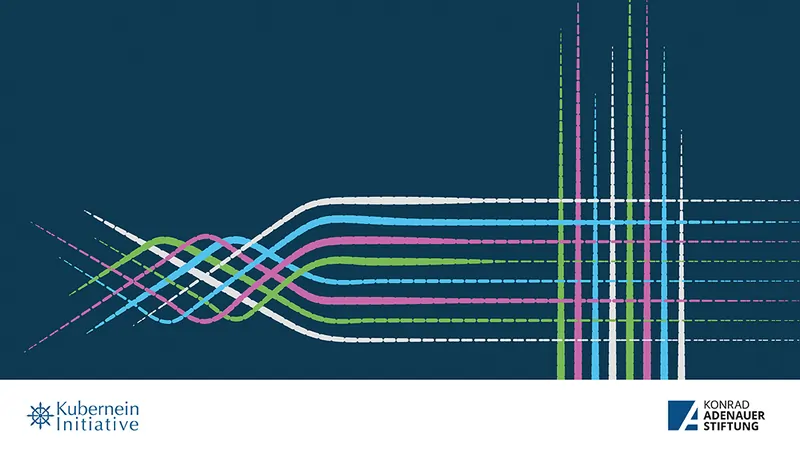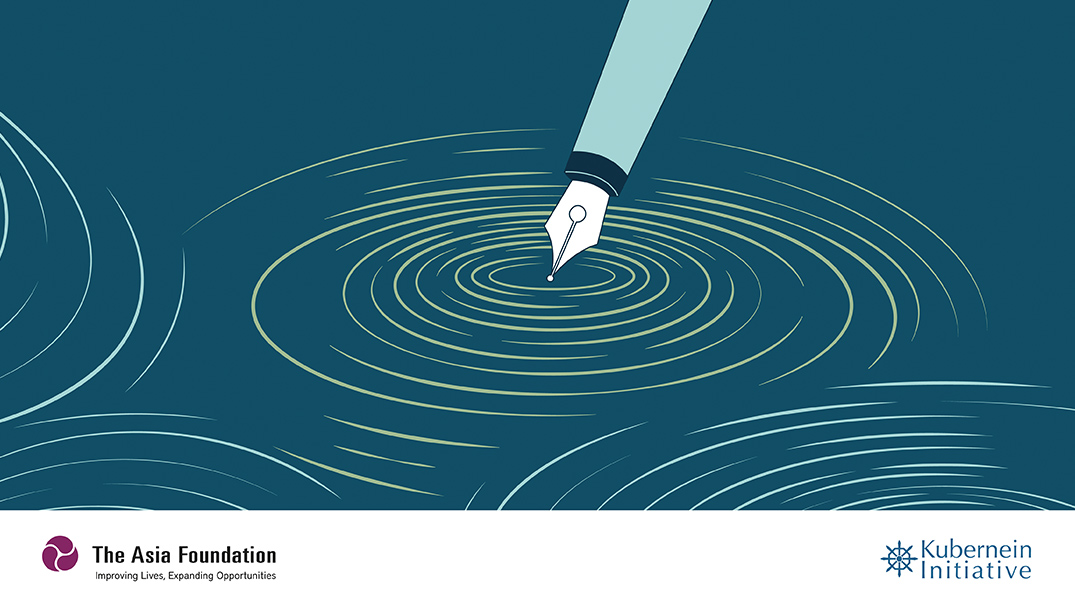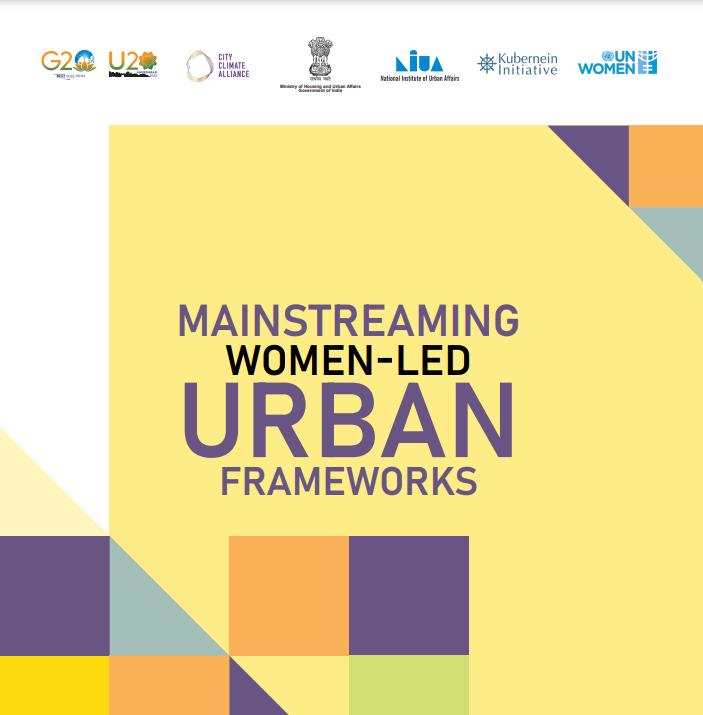There is a growing global awareness on the need and potential for inclusive decision-making structures and processes in dynamic policymaking. As leaders wake up to a crisis of global governance there is a realization that the legitimacy of international institutions is faltering, and emerging and newly assertive economies are reshaping the models of global cooperation. Within these fault lines lies an important and necessary debate on global values, norms, and ethics that are, for the first time, more inclusive than before, allowing for a diversity of voices. Perspectives, thoughts, and possible solutions are emerging from a variety of geographic, economic, and socio-cultural spaces. For any new form of global society to be truly transformational, diversity needs to be not only gender equal, but also inform all solutions and policies, from core aspects of peace and security to emerging non-traditional challenges, including climate change and global health. Women and other marginalized sections of society are almost always disproportionately affected by any major global problem, and in an increasingly interconnected world, half the population can no longer be ignored.
This paper examines aspects of both gender mainstreaming in foreign policy and an overarching feminist foreign policy concept currently in play, that could be considered in various measure to suit wider geographies. This paper also looks at where India stands, presenting a brief snapshot of gender components within our foreign aid and assistance and highlighting the need to begin a more sustained mainstream conversation on gender within our larger gamut of external affairs. We hope this paper will aid in adding an Indian perspective to the evolving dialogue and catalyze greater discussion on how India could have a more formal gender mainstreaming policy in place.



